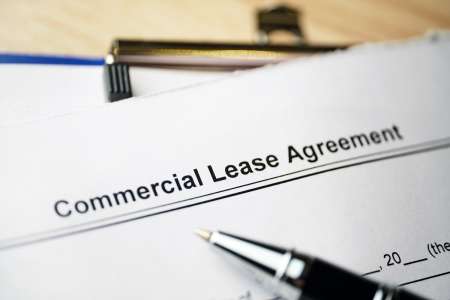It’s not just the rent you must pay during the lease.
Nearly all commercial tenants will have to pay insurance rent to the landlord, which is the cost of the landlord’s building insurance (or a fair proportion of the insurance for the building if the property is part of a larger building).
You might want to ask the landlord what the existing insurance rent is (this will likely increase during the term as insurance premiums increase over time).
If the property is only part of a building or is on an estate, there will likely be a service charge (or estate charge) for the landlord’s maintenance of the communal and structural parts of the building/ estate.
The normal position is that an estimate of the service charge (based on the landlord’s service charge budget) is paid in 4 instalments throughout the year, and the landlord carries out a reconciliation at the end of the service charge year, with any over or underpayment due to or from the tenant.
You will want to ask what the estimated service charge for the property is for the current year and what it has been for previous years so you can check if this is affordable for your business.
You may also want to agree to a service charge cap with the landlord, which will limit what the landlord can charge you in any given year.
The landlord may ask you to provide a rent deposit as security for your obligations in the lease.
This is particularly common when the tenant is a new business or a limited company with no assets.
The deposit is usually returned at the end of the lease (or when you transfer the lease to someone else), minus any deductions the landlord is permitted to make.
Sometimes, the landlord will agree to return the deposit at a certain point during the lease, provided the tenant has been paying the rent on time or when the tenant’s profits are over a certain amount.













